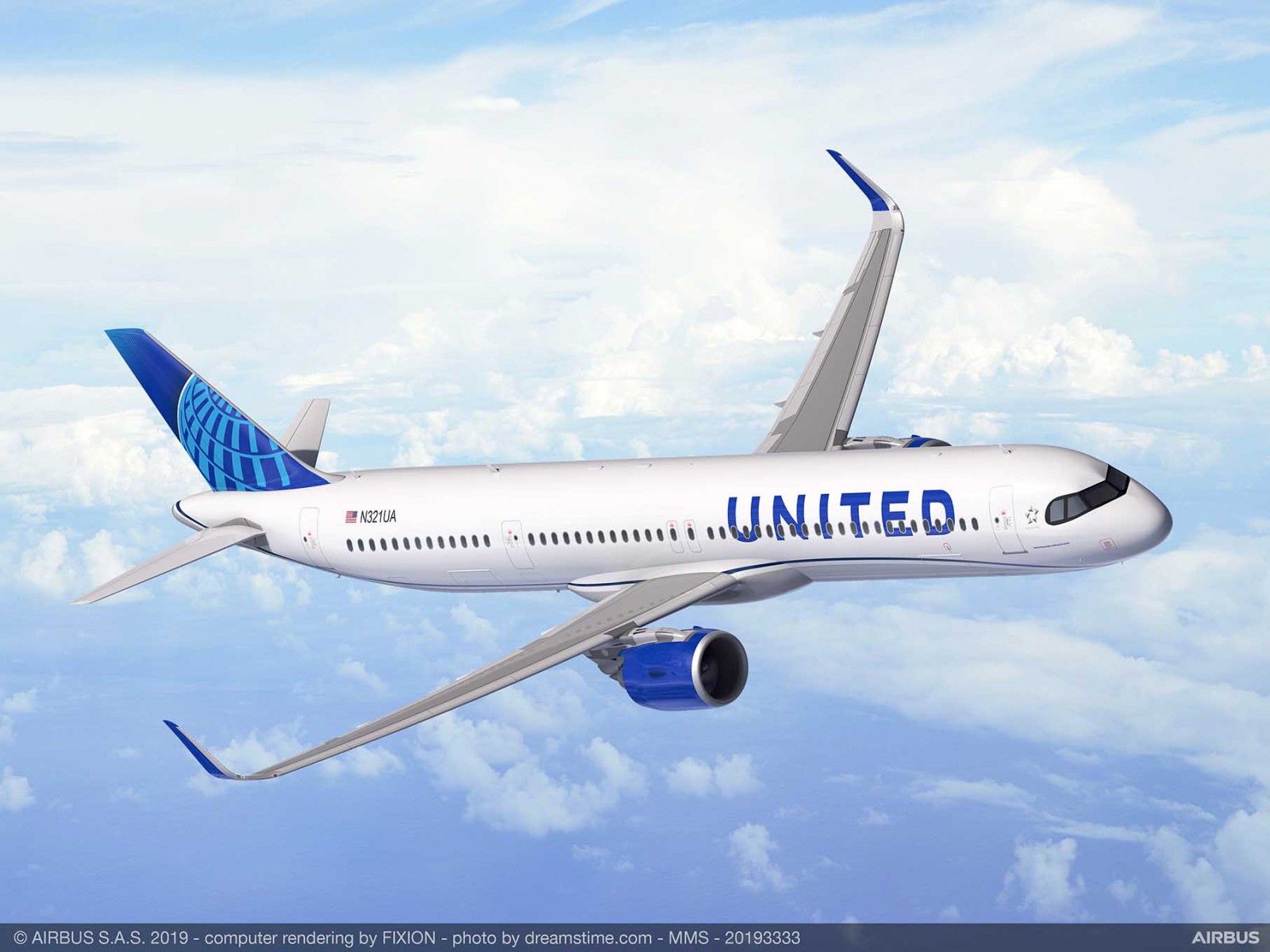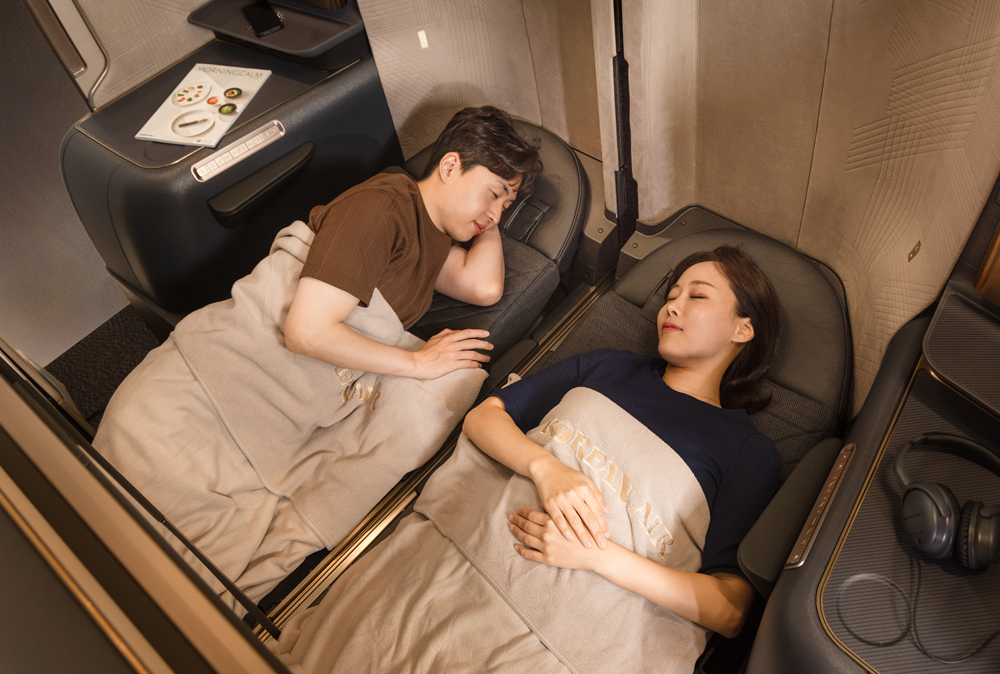Airbus soars through COVID-19 turbulence
07 August, 2020
3 min read
By joining our newsletter, you agree to our Privacy Policy


European aerospace giant Airbus is flying much higher through the severe COVID-19 turbulence than arch-rival Boeing.
This year Airbus has had just 67 cancellations while Boeing has suffered over 800 and deliveries are the same story with Airbus recording 245 and Boeing just 70 including military tankers for the US Air Force.
As a result, Airbus’s backlog has soared well ahead of Boeing’s at 7,539 aircraft, whereas the Seattle manufacturer’s build list has shrunk to 4,552.
Worse for Boeing, the backlog is made up of 3,595 737 MAX jets which are still grounded and while many airlines still want the troubled jet, others are using the grounding as an exit now that COVID-19 has devastated air travel.
READ: Airlineratings.com launches industry-first COVID-19 safety ratings.
And the problems don’t end there with deliveries of its new 400-seat 777X are delayed till 2022 as airlines grapple with the pandemic.
Boeing holds over 300 orders for the 777X from blue-chip international carriers whose traffic is the worse affected by the pandemic because of closed borders.
On the flip-side Airbus’s biggest seller is the 140-220 seat A320neo family with 6,065 to build and airlines are less likely to cancel as the aircraft is essentially short-haul, perfect for domestic routes or intra-Europe.
However, the new XLR version of the A321neo has a 10-hour range.
Only military sales and cargo aircraft are bright lights for Boeing.
Last month it won a massive contract worth US$23 billion ($33b) to build 144 F-15EX fighters and there are options for another 200.
These aircraft are for the US Air National Guard and will replace early model F-15s.
The F-15 has been a stellar fighter for the US Air Force and its allies with over 100 victories and no losses in aerial combat of which the majority have been claimed by the Israeli Air Force.
The aircraft first flew in 1972 and has had eight major upgrades with 1200 built.
Boeing is also delivering 767s, 777s, and 747s as cargo planes mainly to FedEx and UPS.
Moving forward Boeing’s ability to launch an all-new aircraft has been severely impacted as its customer airlines are fighting for survival.
Prior to COVID-19, it was close to launching the twin-aisle 220-260-seat 797 to compete with Airbus’s slightly smaller single-aisle A321neo which has chalked a large number of sales.
Analysts suggest that the only solution to launch a new aircraft is a major collaboration with Japanese banks and industry.
And they suggest that rather than the 797 design Boeing needs to replace the 737MAX first as the damage done to its reputation by the grounding after two fatal crashes is too severe.
The fact that most of the social media and media coverage is incorrect is irrelevant.
Next Article
2 min read
Qantas triples profit but misses mark

Get the latest news and updates straight to your inbox
No spam, no hassle, no fuss, just airline news direct to you.
By joining our newsletter, you agree to our Privacy Policy
Find us on social media
Comments
No comments yet, be the first to write one.

